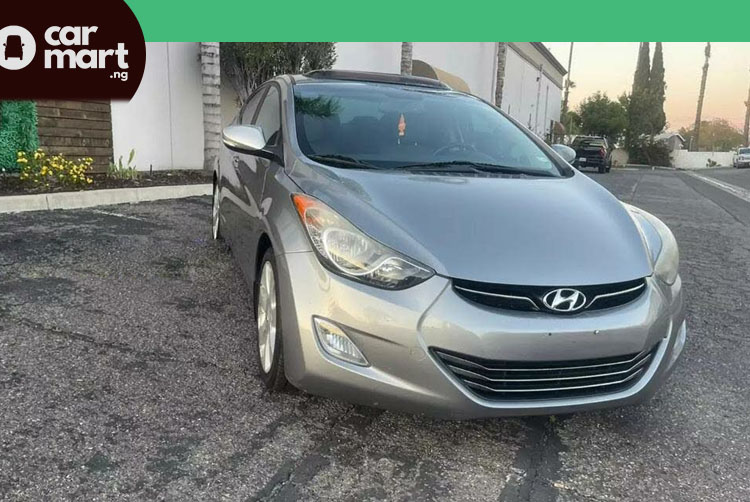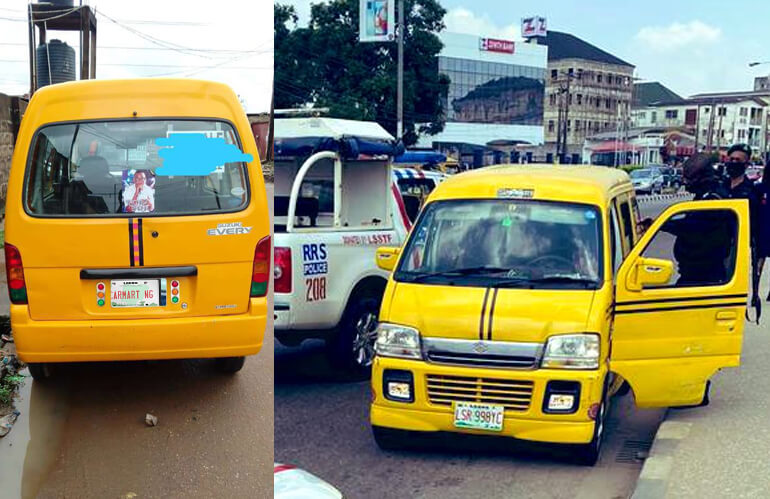Over the last few years, the prices of cars in the Nigerian market have skyrocketed, and it’s all due to the consistent devaluation of the Naira and the high exchange rate against the dollar.
As such, it has made it increasingly challenging for Nigerians to afford both new and used cars in the market. The prices of car prices have increased by 150% in the last year.
According to automakers, the constant adjustment of the exchange rate for clearing imported cars and spare parts at the nation’s seaports by the Nigeria Customs Service (NCS) is also resulting in a rise in the prices of brand-new cars.
Speaking to Business Day, Aissatou Diouf, general manager of Suzuki by CFAO, told the publication in Lagos that, in 2019, when Suzuki officially launched in Nigeria, the Suzuki Alto car was sold for N3.7 million, and none of the Suzuki range of cars was sold up to N10 million then.
Going further, she explained that the brand-new Suzuki Grand Vitara was sold at N9.9 million at that time but from 2019 to October 2022, when the naira devalued price, Grand
Vitara was sold at N20 million.
She added that the Suzuki Grand Vitara now goes for N24 million, adding that other brand-new mini-SUVs in that category, such as Hyundai Creta, are now sold for about N22 million and N23 million.
Speaking to the publication, she notes: “The prices of cars are up because of the devaluation of the naira, and the Customs has also increased the exchange rate for clearing imports to almost N589.45/$ then but currently Customs Exchange Rate is at 770.88/$ at the time of this article.
“Though, for us, nothing has changed. Before, the Customs exchange rate was around N422.3/$. We buy a lot of FX from the banks to import these cars and spare parts, and FX is sold at about N770.”
She, however, said that she does not believe that prices will go down any time soon in Nigeria’s automotive industry due to these factors.
BusinessDay explained that as of 2019, the Naira closed at an average of N362.60 against the dollar, while the naira closed at N470/$ at the end of year 2020 and N740/$ at the end of year 2022.
The Publication noted that going back to about 10 years ago, when the naira was exchanging at an average of N159.267/$ and FX was low, people were buying Suzuki Alto for as low as N1.5 or N2 million.
At that time, the prices of cars were very interesting, and automakers in Nigeria sold more cars because the demand was high and the prices were affordable.
However, the prices of foreign-used cars have skyrocketed today, just like brand-new cars.
The publication gives an instance of looking at the foreign-used Volkswagen Golf car that was sold for between N350,000 and N450,000 and now goes for N2 million and above, depending on the model and the year of the car.
Summarising their point on how FX has affected the prices of cars in Nigeria, Business Day notes that this development shows that paying high Customs tariffs on imported cars, inflation, and dollar scarcity in Africa’s biggest economy have been having a huge impact on the costs of imported goods, including cars, in recent times.
Also, the introduction of VIN valuation by Customs for determining the duties payable on imported used and new cars has increased the import duties on cars.







